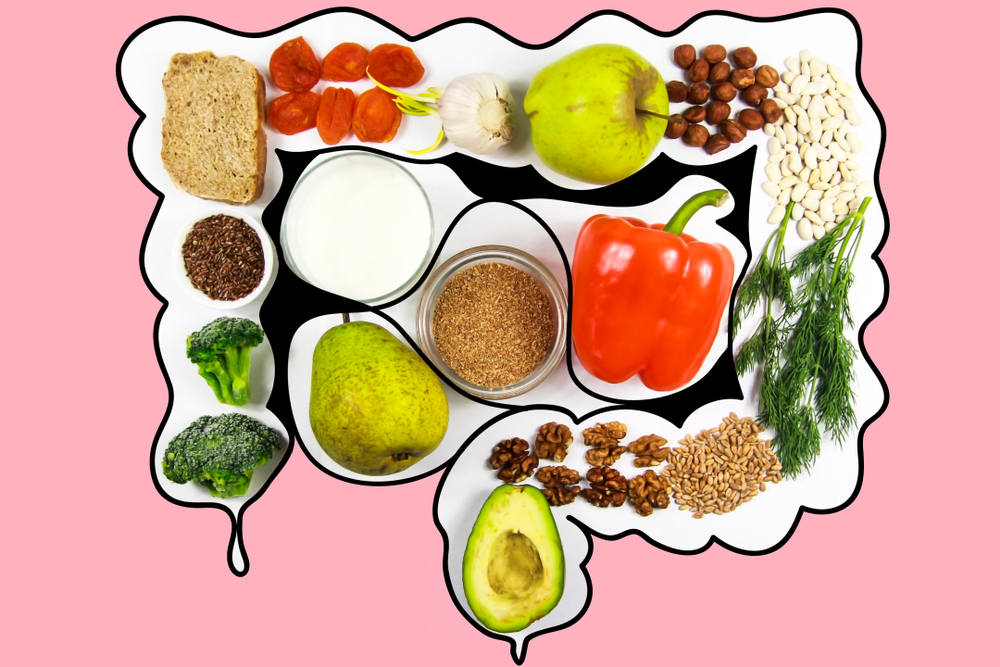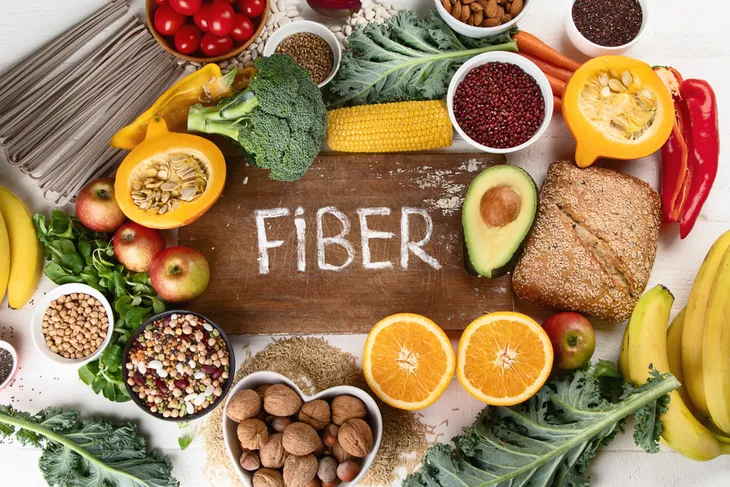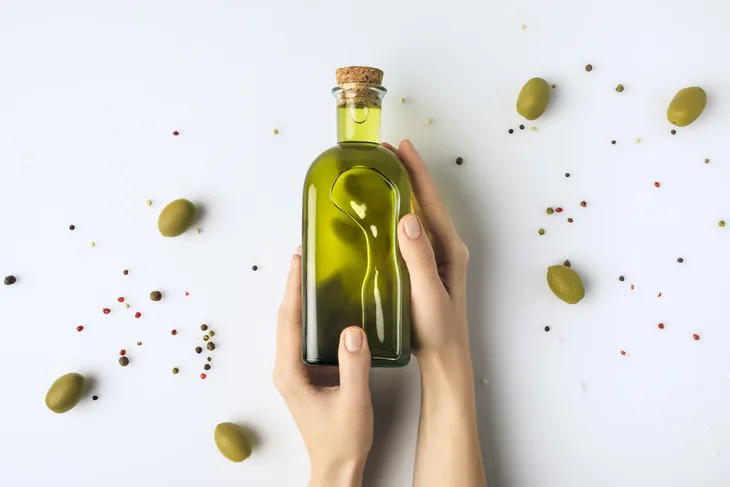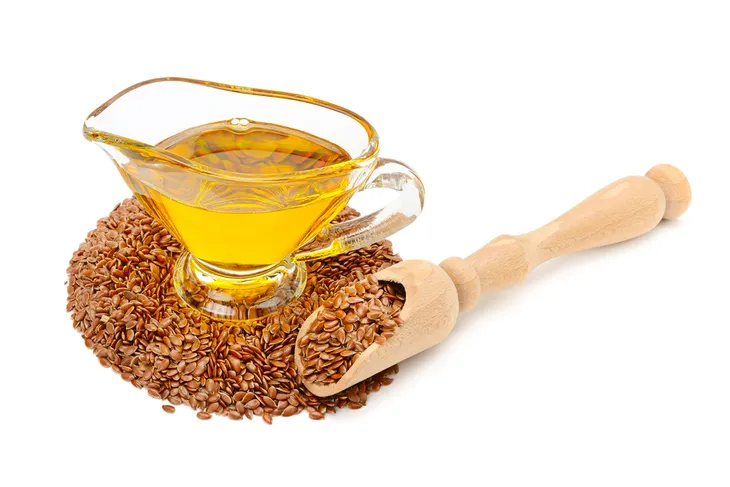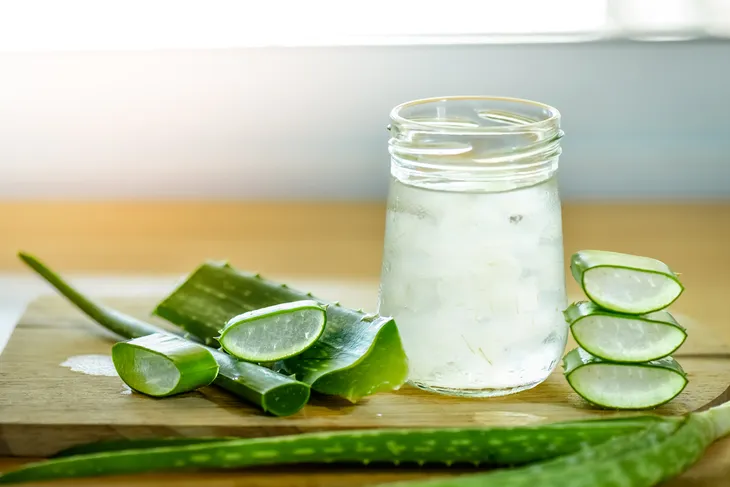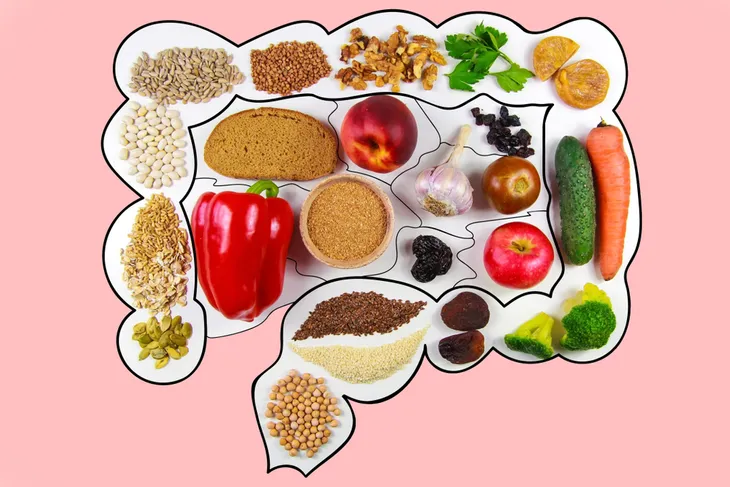Dealing with constipation or irregular bowel movements is not fun. But you should know you’re not alone. Healthline explains, “constipation is one of the most common gastrointestinal problems in the world.” In fact, about 42 million individuals are affected by constipation in the U.S. alone.
Over-the-counter remedies may be effective, however, they can lead to unwanted side effects like cramps and nausea. Thankfully, there are plenty of natural remedies you can try to help relieve constipation and encourage regular bowel movements. Here are natural stool softeners you can try…
Eat High-Fiber Foods
First, and foremost you need to add more fiber to your diet. Why? Simply because fiber (especially insoluble fiber) adds bulk to your stool and in turn, relieves constipation. Some great examples of insoluble fiber include dark leafy vegetables, fruit skins, seeds, and nuts.
In contrast, soluble fiber is important too. This type of fiber soaks up moisture from food and helps slow digestion. If you consume soluble fiber daily, this will help you become more regular and help prevent constipation in the future. Some great examples include apples, oranges, carrots, oatmeal, and flaxseed.
Exercise
The next thing you can do to help relieve constipation or to help your bowel movements become regular is to engage in exercise. There’s no question that exercise is good for your overall health but it can also encourage regular bowel movements too. This is because movement helps stimulate your digestive system.
There are plenty of ways you can start moving your body. You could go for a walk, a jog, or try an at-home workout. If you need a gentler way to move your body, consider trying yoga. Some yoga movements can encourage digestion!
Drink Water
Did you know water is a natural stool softener? Your stool can become hard especially when it doesn’t have enough water content. This can make the stool painful to pass when it enters the colon. So the easy solution is to start drinking more water!
Healthline explains, ” the eight-glasses-a-day rule isn’t a universal truth.” In fact, each individual has their own hydration needs. There are key factors you should know that indicate you may be dehydrated. This includes expelling a small amount of urine, dark yellow urine, and infrequent trips to the bathroom. If you notice any of these symptoms, drink up!
Probiotics
Another natural stool softener is probiotics. These are live bacteria that can be naturally found in fermented foods like kefir, yogurt, sauerkraut, kombucha, and more. Medical News Today explains, “consuming probiotics increases the good bacteria in the gut and improves digestion.”
Further, not only can probiotics increase the good bacteria in your gut, but research says they can also help soften your stool and increase the number of bowel movements you have. Probiotics are safe for most individuals, however, if you have a condition that affects your immune system you should check with your doctor before changing your diet.
Epsom Salts
Consuming certain foods and drinking water isn’t the only way to naturally soften your stool. Epsom salts can help too! Simply add up to five cups of Epsom salts to your bathwater and relax.
Healthline explains, “Soaking is relaxing and will increase the peristaltic movement of the bowel.” It’s also worth noting while soaking you’ll also be absorbing magnesium through your skin from the Epsom salts. Magnesium sulfate is known to be effective for constipation.
Olive Oil
Olive oil can be an effective natural stool softener. It works in two ways. First, by lining the inside of the bowel. This allows the stool to pass easily. Next, olive oil can help your stool hold more water and in turn make it softer and easier to pass.
To effectively use olive oil, it’s recommended that you take one tablespoon on an empty stomach. Keep in mind, medical experts do not recommend olive oil for children. This natural stool softener should be reserved for adults only.
Mineral Oil and Flaxseed Oil
Mineral oil and flaxseed oil can also be effective natural stool softeners. They work the same way as olive oil. These oils can help lubricate your bowel and make your stool softer and easier to pass through your colon. Mineral oil should also be reserved for adults only. That said, pregnant women should not take mineral oil.
Aloe Vera Juice
Aloe vera is known for helping treat sunburns and minor wounds but it can also help soften your stool. More specifically, it offers beneficial compounds that can help ease inflammation in your digestive tract. You can try drinking aloe vera juice to help soften your stool. You can drink it on its own or add it to a smoothie — your choice!
Keep in mind, medical professionals do not recommend aloe vera juice for children under 12 months or for pregnant women or women who are breastfeeding. Some individuals may even have allergic reactions to aloe vera juice so be sure to perform a patch test before drinking the juice.
Foods That Help Relieve Constipation
Along with the natural stool softeners mentioned above, there are additional everyday foods that can help with constipation. Foods like prunes, pears, broccoli, and even popcorn have all been shown to help relieve constipation.
The bottom line is to try your best to consume fiber-rich foods, get regular exercise, and drink plenty of water to encourage regular, healthy bowel movements.
When to See a Doctor
If natural stool softeners and over-the-counter remedies are not working, it may be time to speak with your doctor. Constipation usually goes away on its own in just a few days but if it lingers for three weeks or more, book an appointment with your doctor.
You should also see your doctor if being constipated is a new experience for you, if you experience stomach pain, notice blood in your stool, or if you start losing weight without trying. In some cases, constipation can indicate an underlying condition.
